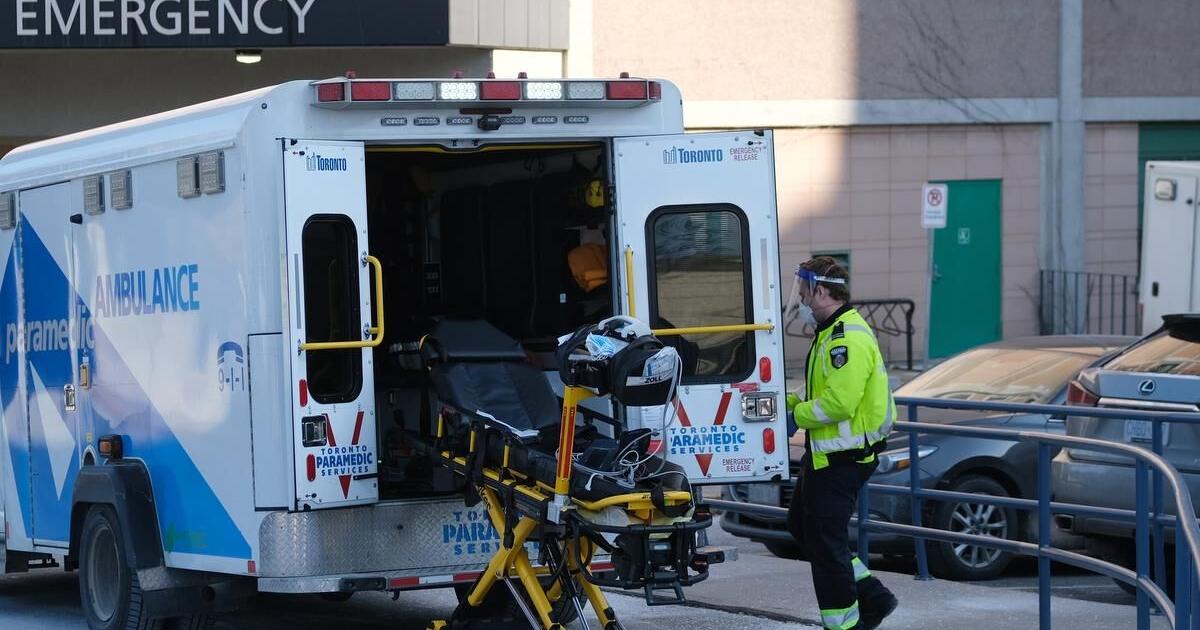- Reaction score
- 1,487
- Points
- 1,260
Saw this in the canabis cupcake discussion.
If it's comp. they don't touch your Sick Bank. It continues to grow over the years. That's your retirement gratuity. You earned it.
The bad news is, if it is comp., unless you are in a hospital and can blink your eyes you got to come in. But, you won't be responding to 9-1-1 calls.
If it's permanent, they place you in a "suitable" job with the City. Could be anything. And I do mean ANYTHING.
The important thing is, until you die or retire, they maintain your pre-injury pay rate, and all the raises that go with it.
Other emergency services employers will have some sort of short term sick leave, and then you generally transition to a private insurance company that has some sort of long term disability plan. If you can't come back to your substantive job within a couple years, the goal shift to can you be gainfully employable at all, and you have to work towards that to protect your income replacement benefits. Or, if it's work related you might fall under worker's comp.
If it's comp. they don't touch your Sick Bank. It continues to grow over the years. That's your retirement gratuity. You earned it.
The bad news is, if it is comp., unless you are in a hospital and can blink your eyes you got to come in. But, you won't be responding to 9-1-1 calls.
If it's permanent, they place you in a "suitable" job with the City. Could be anything. And I do mean ANYTHING.
The important thing is, until you die or retire, they maintain your pre-injury pay rate, and all the raises that go with it.


